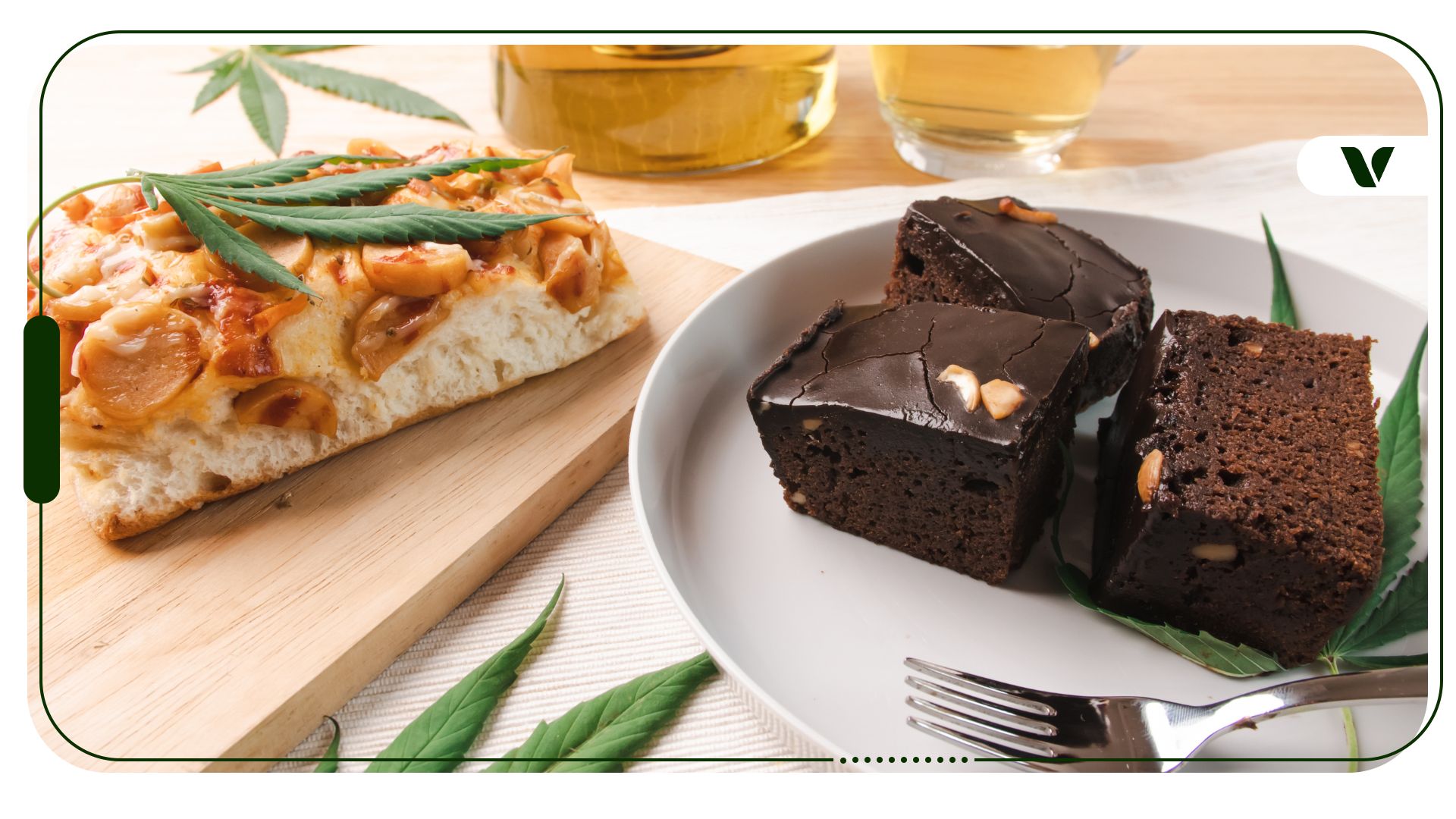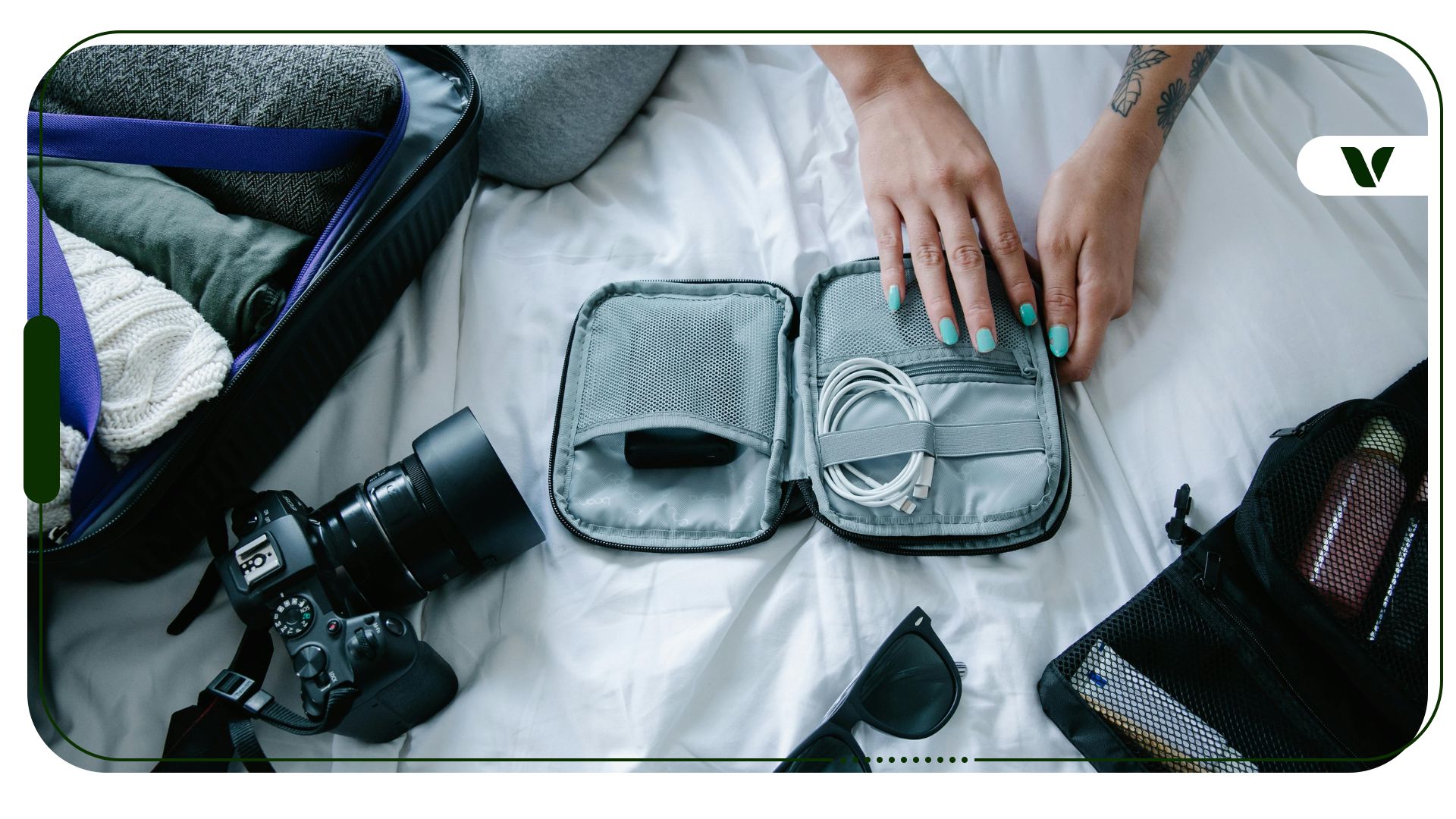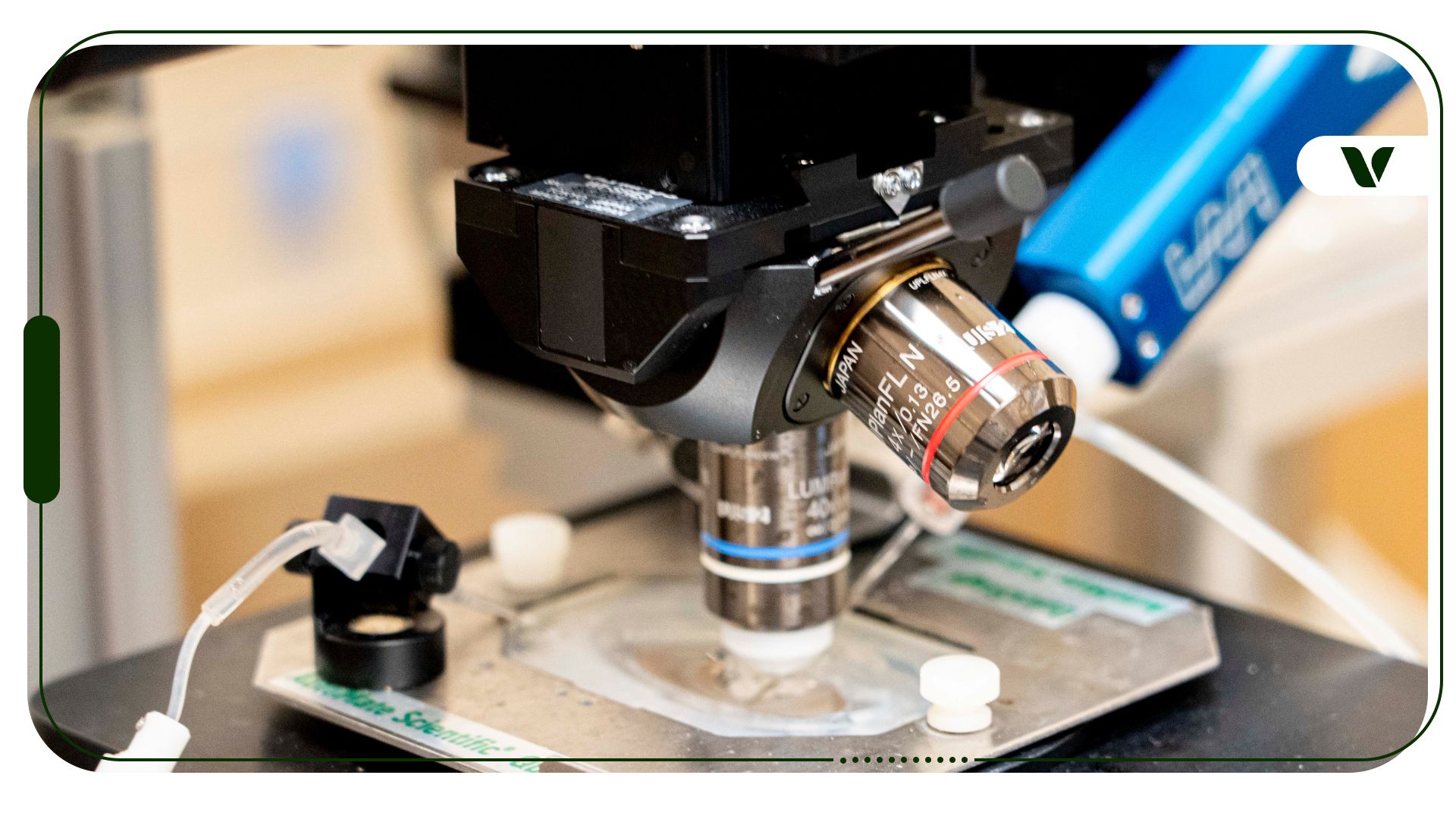Ever wonder why the cannabis edibles you eat seem to hit you way harder? The secret lies in how your body processes them. Unlike inhaled forms of weed, when you consume edibles, a large portion of delta-9 THC— known simply as THC—travels directly to your liver.
There, about 50% of THC is converted into 11-hydroxy-THC (11-OH-THC). While there is some undiscovered science behind it all, the impact is clear: 11-hydroxy-THC, once activated, can profoundly intensify your experience.
In this article, we’ll explore what 11-hydroxy-THC is, how it works, its potency, and why it makes edibles an unforgettable way to experience cannabis.
What is 11-Hydroxy-THC?
So, what exactly is 11-hydroxy-THC? It’s a compound that forms when your liver metabolizes THC from cannabis edibles. Unlike THC, which directly enters your bloodstream when you smoke or vape and provides immediate effects, 11-hydroxy-THC takes a bit longer to kick in.
However, once it does, its effects are much stronger and last longer. This is because 11-hydroxy-THC is more effective at crossing the blood-brain barrier, meaning it has a more intense impact on your brain.
How Do Edibles Get Processed In Your Body?
There is a collective variety of different and interesting ways to consume cannabis. However, of all the methods, edibles are known to be one of the most potent. They are associated with highs that are much longer in onset and duration, with an increased psychoactive effect. This is because edibles introduce THC to your system through your digestive tract.
So, as you eat an edible, the THC is absorbed through your stomach and intestines and then travels to your liver. This journey through the digestive system is what leads to the slower onset of effects compared to inhaling cannabis. In other words, since edibles take much longer to kick in than smoking, it makes it much easier to overdo it.
In the liver, a crucial transformation occurs—THC is metabolized into different compounds. This metabolic process, known as first-pass metabolism, converts THC into two primary metabolites: 11-hydroxy-THC (11-OH-THC) and 11-carboxy-THC (11-COOH-THC). However, the creation of 11-hydroxy-THC is particularly noteworthy.
What makes it so fascinating is that the compound is not originally present in the plant nor added to the edibles. Instead, it’s produced by your body as it breaks down the ingested THC.
Plus, many researchers believe that the effect of 11-hydroxy-THC is four times stronger than THC when it comes to psychoactive effects, which contributes to edibles feeling stronger than other delivery methods of cannabis.
As an active metabolite, THC is particularly effective in crossing the blood-brain barrier, resulting in a more intense high. Inhaled THC undergoes a different metabolic process because rather than passing through the stomach and then the liver, the THC travels directly to the bloodstream and brain.
Here’s a fun fact: The human brain contains more CB1 receptors than opioid receptors–and most others, too. This is one of the many factors contributing to the quality of “high” people get from cannabis.
What Is the Difference Between Delta-9 THC and 11-Hydroxy-THC?
Delta-9 THC is the form of THC most commonly associated with cannabis. It is the primary compound found in the cannabis plant and is what most people refer to when they talk about getting a buzz from weed. When you smoke or vape cannabis, delta-9 THC is quickly absorbed into the bloodstream through the lungs and travels directly to the brain. This rapid absorption results in the immediate onset of effects, which is why smoking or vaping provides a quick high.
On the other hand, 11-hydroxy-THC is a metabolite of delta-9 THC, meaning it is created when the body processes delta-9 THC. As noted above, this shift happens primarily in the liver approximately 30 minutes to 2 hours after taking edible THC products by mouth.
Is 11-Hydroxy-THC Stronger?
How strong is 11-hydroxy-THC compared to delta-9 THC? The key distinction lies in their potency. 11-hydroxy-THC is significantly stronger because it effectively crosses the blood-brain barrier, resulting in a more intense and prolonged high.
This is why the effects of edibles, which involve the conversion of THC to 11-hydroxy-THC, are often much more potent than those felt from smoking or vaping cannabis. We don’t have conclusive human data, but the most recent mice study suggests somewhere around 2–7 times the intoxicating psychoactivity of THC’s effects on body temperature and pain.
Final Thoughts
The long and strong high from cannabis edibles stems from the liver’s conversion of THC into 11-hydroxy-THC. Knowing why edibles pack a much stronger punch based on their ability to cross the blood-brain barrier can help you understand the why associated with the need for particularly careful edible dosing. As a result, this can help you have a safe and enjoyable experience.
Frequently Asked Questions
What part of the body breaks down edibles?
Edibles are primarily broken down in the liver. This organ metabolizes the THC in edibles into 11-hydroxy-THC, which is responsible for their potent and longest-lasting effects.
How do edibles work in the body?
When you take an edible, the THC is absorbed through your digestive system and processed by your liver into more potent compounds like 11-hydroxy-THC, which then enter the bloodstream and eventually reach the brain, leading to the effects you feel.
Are edibles as bad for your liver as alcohol?
No, edibles are not as harmful to your liver as alcohol. While the liver does metabolize THC from edibles, it does not cause the same level of liver toxicity or long-term damage that alcohol can cause.
Note: The content on this page is for informational purposes only and is not intended to be professional medical advice. Do not attempt to self-diagnose or prescribe treatment based on the information provided. Always consult a physician before making any decision on the treatment of a medical condition.
Author, Share & Comments








